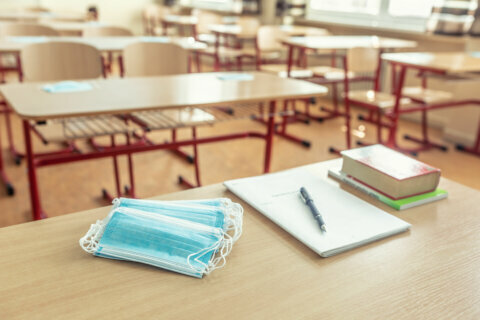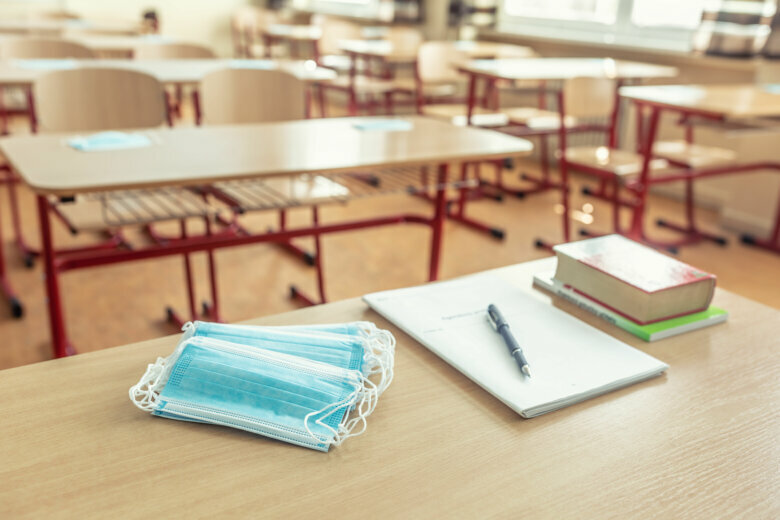
Getting kids back into classrooms is essential for their healthy development and well-being, according to the American Academy of Pediatrics.
A D.C. neuroscientist explains that it has to do with school being the predominant way kids socialize, and the stressful impacts of social isolation.
“In children, when their brain is under stress, or a child is under stress, their brain doesn’t develop properly,” said Joshua Corbin, a professor of pediatrics at Children’s National Hospital.
“There’s actually a physiological response with social isolation as a major stressor — the connections in the brain are just not forming properly,” he said.
Corbin is a principal investigator at the Center for Neuroscience Research at Children’s National Hospital and has a Ph.D. in neuroscience.
The nature and duration of the isolation that kids are experiencing are like none other in modern times.
“Even during periods of war, which is obviously a major stressor, in many places schools remain open and children are seeing other children in various contexts,” Corbin said.
“It’s not that children are in solitary confinement; that’s not the case, of course. But, their main social outlet of peer-to-peer interaction has been disrupted.”
Likening the situation to an extended experiment involving millions of children, Corbin said kids are resilient, but the long-term impacts of mental health issues being observed now are unclear.
“Overall in the United States, there’s about a 50% increase in number of visits to emergency departments of pediatric hospitals across the nation,” he said.
Those admissions are for things such as anxiety, depression and eating disorders.
“We’re in a mental health crisis, in addition to a learning crisis that our children are facing because of the prolonged school closures,” Corbin said.
He said he believes schools should get as many kids back in class as safely as possible as soon as possible, under guidelines put forward by the American Association of Pediatrics and informed by the Centers for Disease Control and Prevention.
“The longer the social isolation occurs, the potentially worse damage there will be down the road,” Corbin said. “Although, again, we don’t know the outcome of this long-term experiment that we’re running — but, that’s what the science and logic would suggest.”









